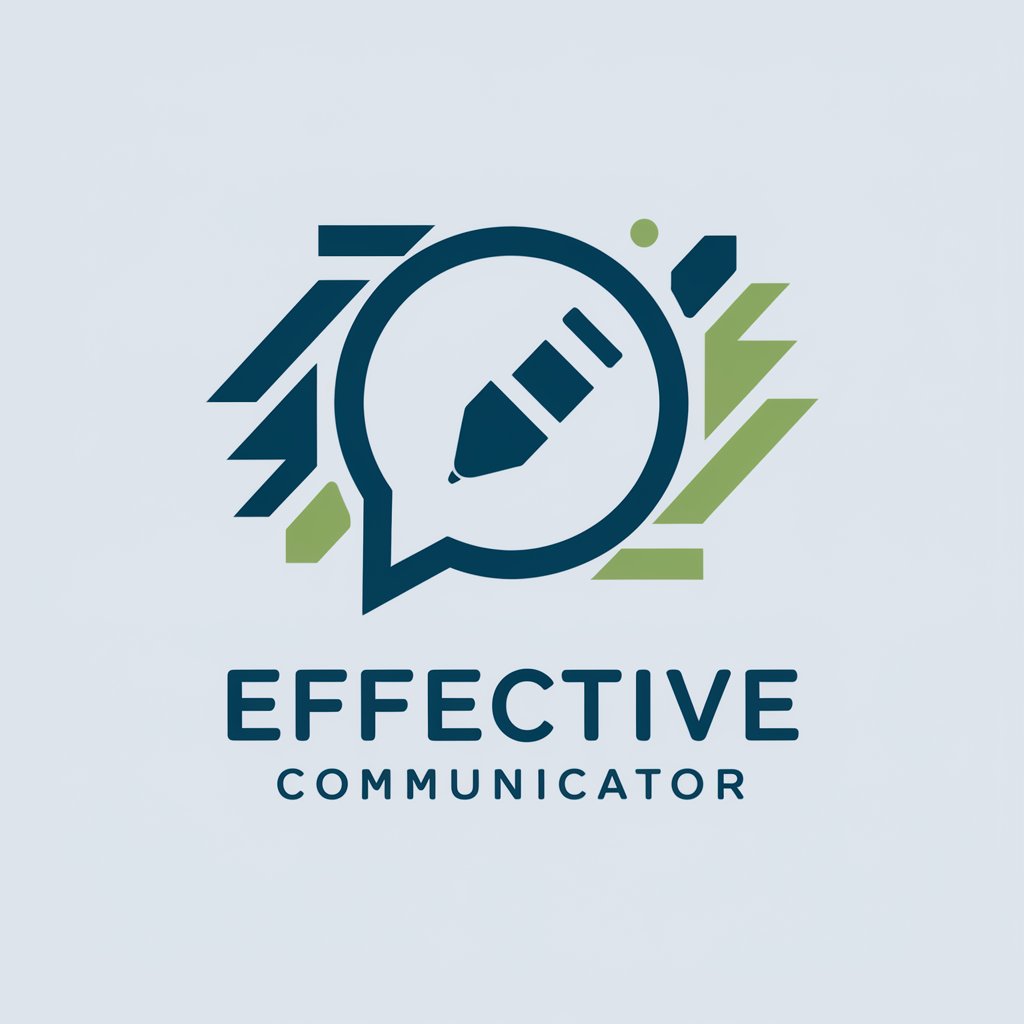6 GPTs for Sales Negotiations Powered by AI for Free of 2026
AI GPTs for Sales Negotiations are advanced AI tools built on the Generative Pre-trained Transformer (GPT) technology, designed to enhance and streamline the sales negotiation process. These tools leverage natural language processing (NLP) to understand and generate human-like text, providing users with tailored assistance in crafting negotiation strategies, generating persuasive communication, and analyzing complex negotiation scenarios. Their relevance in sales negotiations stems from their ability to process vast amounts of information rapidly, suggest optimal negotiation tactics, and simulate potential outcomes, thereby empowering sales professionals to make informed decisions.
Top 6 GPTs for Sales Negotiations are: Practice Negotiating & Get Feedback!,Ultimate Rebuttal Process,Negotiation Domination,Negotiation Navigator,Mind Shield,Effective Communicator
Practice Negotiating & Get Feedback!
AI-Powered Negotiation Practice & Feedback

Ultimate Rebuttal Process
Master Every Objection, Close More Sales

Negotiation Domination
Empower Your Negotiations with AI

Negotiation Navigator
Optimize negotiations with AI-driven insights.

Mind Shield
Master Psychological Tactics with AI

Effective Communicator
Enhance Your Communication with AI

Key Attributes of AI GPTs in Sales Negotiations
AI GPTs for Sales Negotiations are characterized by their versatility and adaptability, offering features ranging from automated response generation to complex scenario analysis. Key features include real-time language translation, which breaks down language barriers in international deals; sentiment analysis, to gauge the tone and intent of the negotiation counterpart; predictive modeling, to forecast negotiation outcomes; and personalized communication templates, to maintain consistency in brand messaging. These tools are distinguished by their ability to learn from interactions, improving their responses over time to better align with user preferences and negotiation goals.
Who Stands to Benefit from AI GPTs in Sales
The primary beneficiaries of AI GPTs for Sales Negotiations include sales novices, experienced professionals, and developers. Novices can leverage these tools to gain insights and develop negotiation skills, while professionals can utilize them to refine their strategies and achieve better outcomes. Developers, on the other hand, can customize these tools for specific industries or negotiation contexts. Accessibility for non-coders is a key advantage, with intuitive interfaces allowing users to interact with AI without technical expertise. Meanwhile, those with coding skills can explore advanced customization options to tailor the tools to specific needs.
Try Our other AI GPTs tools for Free
Service Upselling
Discover how AI GPTs revolutionize service upselling with personalized recommendations, seamless integration, and real-time analytics to boost your sales and customer satisfaction.
Coupon Management
Discover how AI GPTs revolutionize coupon management, offering personalized, efficient, and intelligent promotional strategies to enhance customer engagement and sales.
Holiday Watching
Discover how AI GPTs for Holiday Watching can transform your holiday planning with personalized recommendations, real-time updates, and user-friendly interfaces tailored to your needs.
Safe Adventures
Discover how AI GPTs for Safe Adventures revolutionize safety in outdoor activities, offering tailored, data-driven advice and solutions for enthusiasts, developers, and professionals.
Virtual Discoveries
Discover the world of virtual explorations with AI GPTs. Tailored solutions for dynamic virtual discoveries, accessible to all, enhancing research, education, and entertainment.
Shopping Strategy
Unlock the future of shopping with AI GPTs for Shopping Strategy: Tailored AI insights and strategies to revolutionize your shopping experience and business planning.
Further Explorations into AI GPTs for Sales
AI GPTs for Sales Negotiations offer a unique combination of natural language processing, machine learning, and data analysis capabilities, providing a customizable and interactive platform that adapts to individual user needs. Their integration into existing sales workflows can enhance efficiency, while user-friendly interfaces ensure wide accessibility. The ability of these tools to simulate different negotiation scenarios and outcomes enables users to prepare more thoroughly for real-life negotiations, giving them a competitive edge.
Frequently Asked Questions
What exactly are AI GPTs for Sales Negotiations?
AI GPTs for Sales Negotiations are specialized AI tools designed to assist in the sales negotiation process, utilizing GPT technology for natural language processing and generation.
How do these tools enhance the negotiation process?
They enhance the process by offering tailored advice, generating persuasive communication, and analyzing negotiation strategies and outcomes, helping users to negotiate more effectively.
Can non-technical users easily navigate these AI tools?
Yes, these tools are designed with intuitive interfaces that allow non-technical users to leverage AI capabilities without needing programming skills.
Are there customization options available for specific needs?
Absolutely. Developers can access APIs and other programming interfaces to customize the tools for specific industries, negotiation scenarios, or company preferences.
What makes AI GPTs different from other negotiation tools?
AI GPTs distinguish themselves by utilizing advanced NLP to provide more human-like, context-aware responses and suggestions, improving over time through machine learning.
Is real-time language translation supported?
Yes, real-time language translation is a feature, enabling seamless communication in international negotiations across language barriers.
Can these tools predict the outcome of negotiations?
Through predictive modeling and analysis of past interactions, these tools can forecast potential outcomes, aiding in strategic decision-making.
How do AI GPTs learn and improve over time?
They learn from each interaction, analyzing data to refine their understanding and improve future recommendations and responses.